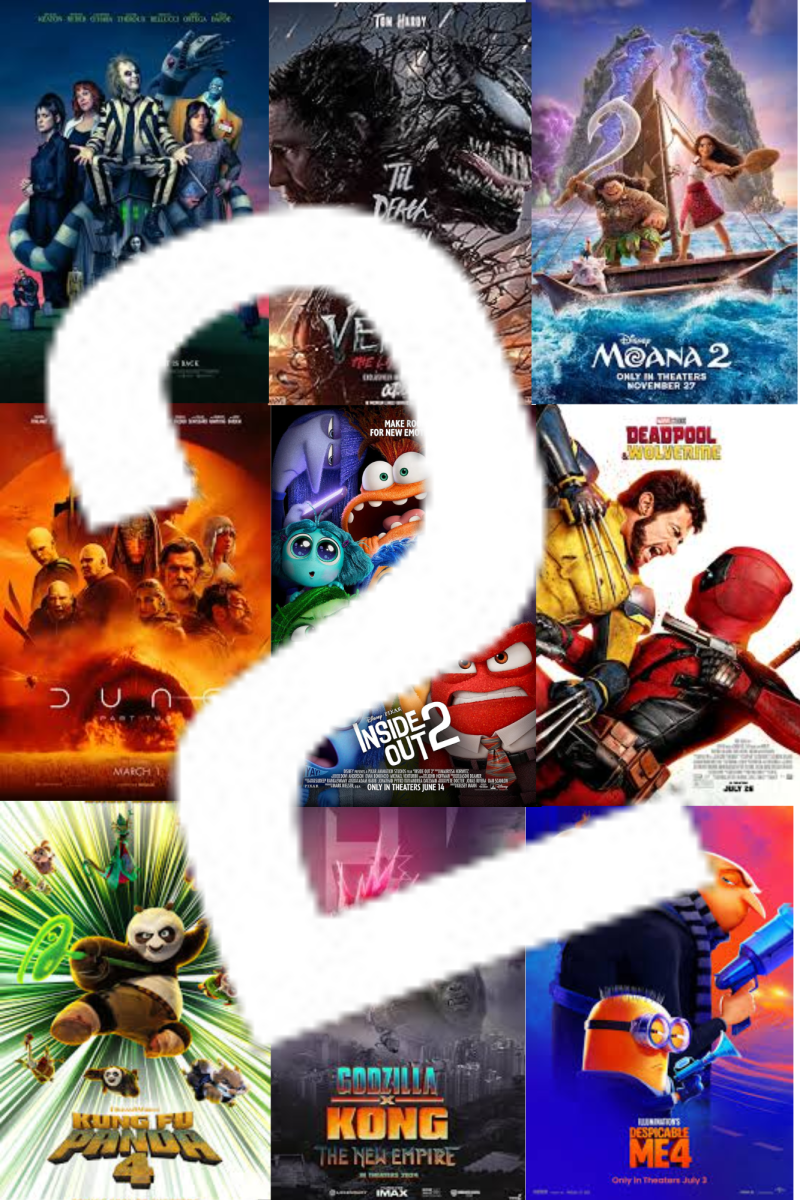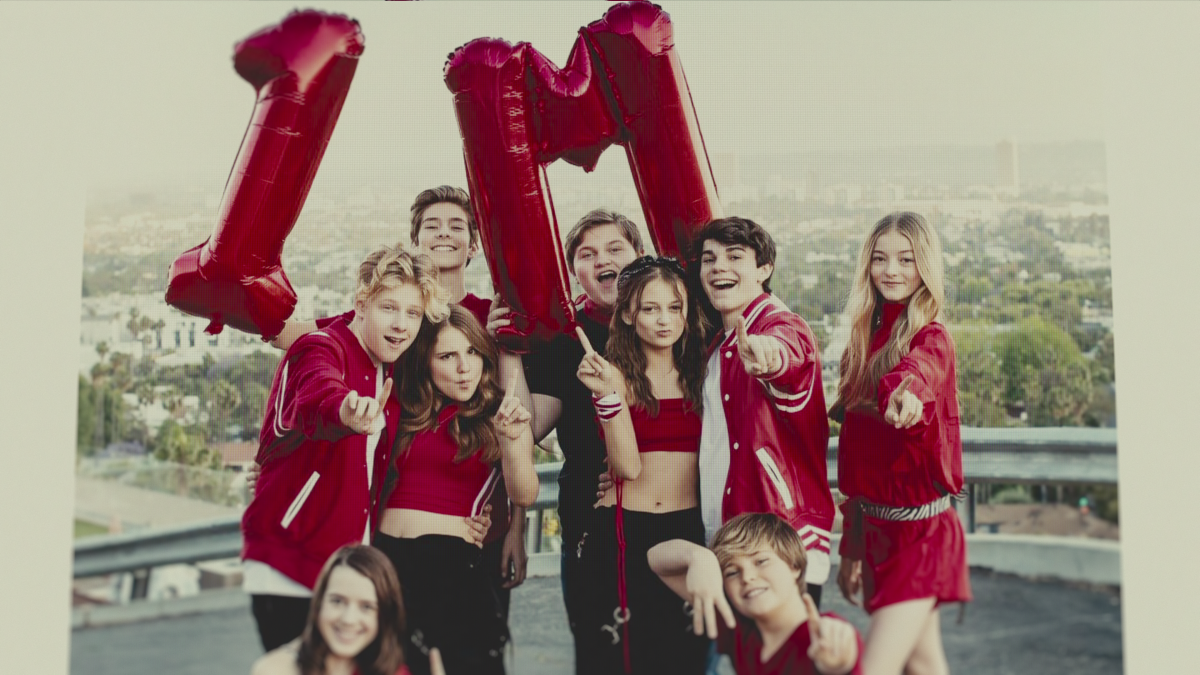This year, Hollywood has a chance to do something it has never done before. Currently, 9 out of the 10 highest grossing films of the year are sequels, and there are still more upcoming sequels that have a very good chance at making the top 10. 20 years ago, this would have been unheard of, but in the past decade, sequels and nostalgia bait have become more and more prevalent, finally culminating in this year. Although this strategy is currently lucrative for major Hollywood studios, it is not a sustainable practice and will eventually lead to their undoing.
Until very recently, Hollywood was dominated by original movies, but in the late 1990s and early 2000s, everything changed. The success of franchises like “Harry Potter,” “The Lord of the Rings” and “Pirates of the Caribbean” told studios that it was much more lucrative to make series of movies, instead of just standalones. The situation was then made even more extreme in 2008, with the release of “Iron Man.” This movie kicked off the Marvel Cinematic Universe, which would soon become the highest grossing movie franchise of all time. Other studios started pumping out their own sequels in an attempt to recapture the magic Marvel had found such as “Star Wars,” “The Fast and the Furious” and “The DC Extended Universe.” This sequel fever soon spread to animation as well. Pixar began releasing sequels to less critical acclaim but more financial success when compared to their movies from the 2000s. Disney began making live action adaptations of their classic animated movies. These events completely changed the film world, and now, the last year without a sequel within its top 10 highest grossing is 1996, nearly 30 years ago.
Currently, the only film in the top 10 highest grossing of 2024 that is not a sequel is the musical, “Wicked,” which is still just an adaptation of an already existing Broadway musical. This is another trend within Hollywood, even movies that aren’t technically sequels are still normally based on pre-existing intellectual property(IP). As of now, the highest grossing movie of the year that uses completely original IP is John Krasinski’s “If,” which is in 22nd place overall. Not a single original movie is within the top 20. “Wicked” is also only in 9th within the top 10, so if two upcoming sequels, such as “Sonic the Hedgehog 3” or “Mufasa: The Lion King,” outgross “Wicked,” the world could quite easily see a top 10 highest grossing films of 2024 list that is completely made up of sequels.
Sequels and adaptations thrive in the box office based off of two things: nostalgia and name recognition. The audience that are now adults grew up on movies like “Star Wars” and the films of the Disney renaissance. Now, these people have an income that they can use to go to the theaters and they would be much more likely to want to watch a movie that is a sequel or adaptation of what they grew up watching over a film that they have no emotional connection to. People are also more likely to go to a movie with a name that they recognize. Hollywood studios are able to spend less money on marketing because people already know the franchise, increasing profit. They can also cut costs in the writing process because there is no need to create a completely new story. All of this together makes it much easier for companies to make huge profits off of sequels and adaptations than originals.
In theory, the overabundance of sequels shouldn’t be an issue, just a fact, but in reality, these sequels end up hurting consumers as well as the artists making these movies. Film, just like any other art form, has always been driven by the creativity of those behind it. Now, the art of moviemaking has become a business, and the executives that made this change are oftentimes more focused on making money than making art. That is what many sequels are, cheaper but less artistic. That’s not to say that sequels can’t be good, but when they are as widely made as they are being made right now, there is a lack of original, creative ideas. There are visionaries that are coming up with ideas, but studios and executives are normally unwilling to make these movies because there is too much of a risk in releasing a completely new, unrecognizable IP. The lack of creativity ends up also hurting moviegoers. People are getting tired of sequels. For example, Marvel is now consistently releasing very poorly received movies, but sequels are still being produced, leaving people with a lack of variety in what they can watch.
This business strategy may work now, but in the near future it will be the downfall of Hollywood. Currently, a large majority of the money made off of movies is from sequels or adaptations of 20 to 30 year old films because of how strong nostalgia is as a marketing tactic. The issue is that in another 20 to 30 years, present children will have grown up and Hollywood would now want to appeal to their nostalgia, but there is nothing to appeal to because all of the movies that came out when they were kids, were nostalgia bait for the last generation. Hollywood would have to start making original movies again, something by that point they will not be used to doing. If Hollywood does not change their practices soon, they are in deep trouble.
For years, Hollywood has been predominantly producing low effort sequels and adaptations because they know that these will sell. As long as people keep going to these movies, nothing will change. Hollywood will only begin producing originals again when they see that it is profitable to do so. It is the viewers job to make them realize this by supporting original, creative and artistic films instead of sequels. If movie studios begin to take chances and be original again, it will make the whole film industry much healthier and more successful.









